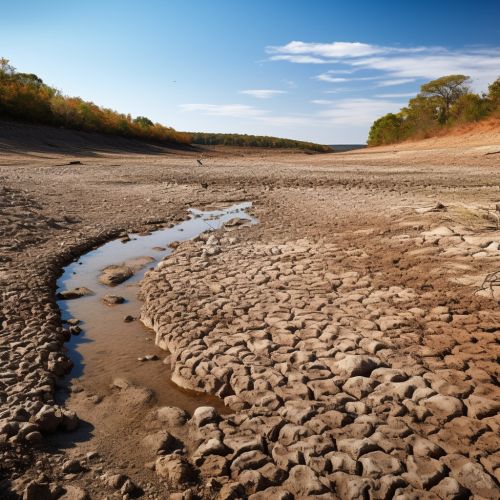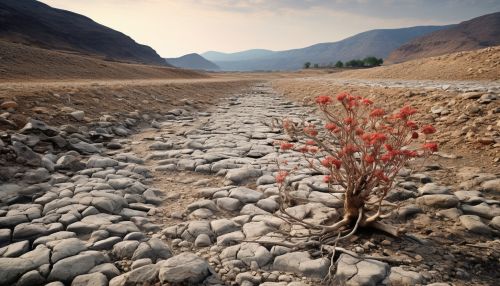Water Resource Systems Planning and Management
Introduction
Water resource systems planning and management is a field of study that focuses on the effective use of water resources in a sustainable and efficient manner. It involves the application of scientific and technical principles to address issues related to the allocation, development, and management of water resources. The field encompasses a broad range of activities, including water supply planning, flood control, irrigation management, and environmental protection.


Water Resource Systems
Water resource systems refer to the interconnected networks of water bodies, such as rivers, lakes, and aquifers, and the infrastructure used to manage these resources, such as dams, canals, and treatment facilities. These systems are critical for supporting human activities, including agriculture, industry, and domestic use. They also play a vital role in maintaining ecological health and biodiversity.
Planning and Management
The planning and management of water resource systems involve a complex array of tasks. These include assessing water availability and demand, developing strategies for water allocation, designing infrastructure for water storage and distribution, and implementing policies for water conservation and quality control. The goal is to ensure that water resources are used efficiently and sustainably, balancing the needs of humans and the environment.
Water Resource Planning
Water resource planning involves the systematic evaluation of water supply and demand scenarios to guide the development of water resource systems. This process includes the identification of potential water sources, the estimation of water demand, and the assessment of the feasibility and impacts of different water management strategies. The planning process also involves the consideration of various factors, such as climate change, population growth, and technological advancements, which can influence water availability and demand.
Water Resource Management
Water resource management involves the implementation of plans and policies to control the use and conservation of water resources. This includes the operation of water infrastructure, such as dams and treatment plants, to ensure the reliable supply of clean water. It also involves the enforcement of regulations to protect water quality and prevent overuse. In addition, water resource management includes the monitoring and assessment of water resource conditions to inform decision-making and planning.
Challenges in Water Resource Systems Planning and Management
There are several challenges in water resource systems planning and management. These include the uncertainty of water availability due to climate change, the increasing demand for water due to population growth, and the degradation of water quality due to pollution. Other challenges include the high costs of water infrastructure development and maintenance, the conflicts between different water users, and the need for equitable and inclusive water governance.


Strategies for Sustainable Water Resource Systems Planning and Management
To address these challenges, several strategies can be employed. These include the promotion of water conservation and efficiency, the adoption of integrated water resource management approaches, and the use of innovative technologies for water treatment and reuse. Other strategies include the strengthening of water governance systems, the enhancement of stakeholder participation in water decision-making, and the integration of climate change adaptation measures in water planning and management.
Conclusion
Water resource systems planning and management is a critical field that ensures the sustainable and efficient use of water resources. Despite the numerous challenges, various strategies can be employed to enhance the resilience and sustainability of water resource systems. Continued research and innovation in this field are essential to address the evolving water needs and challenges of the 21st century.
